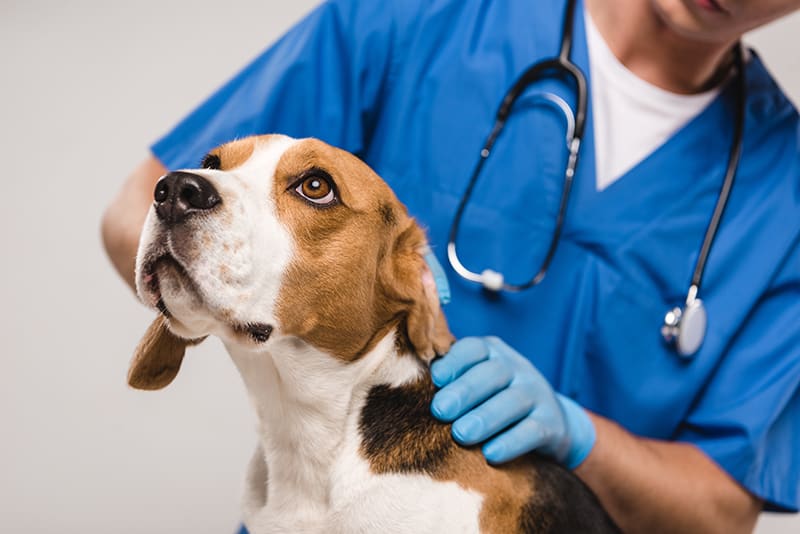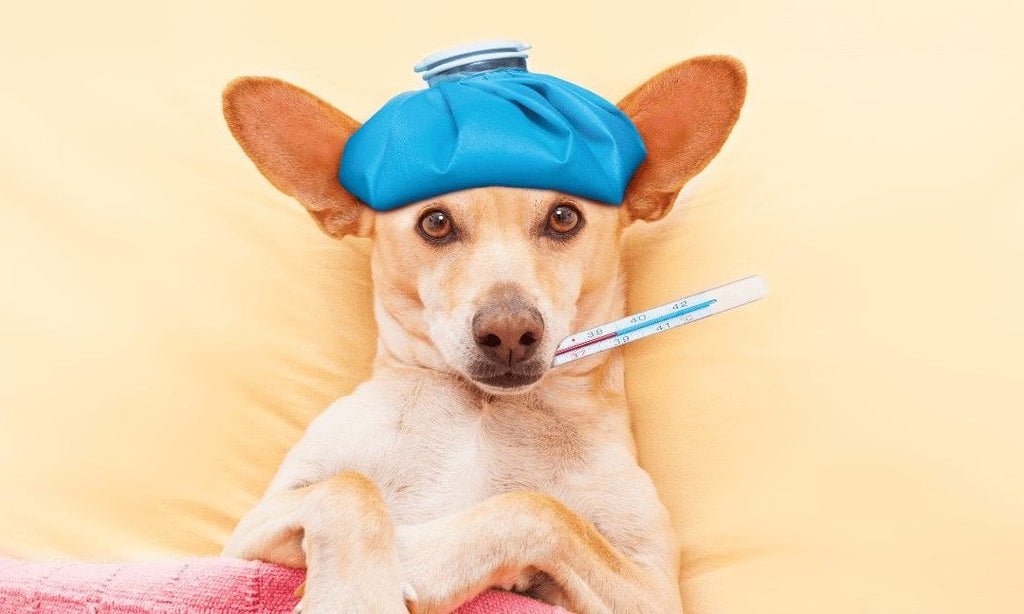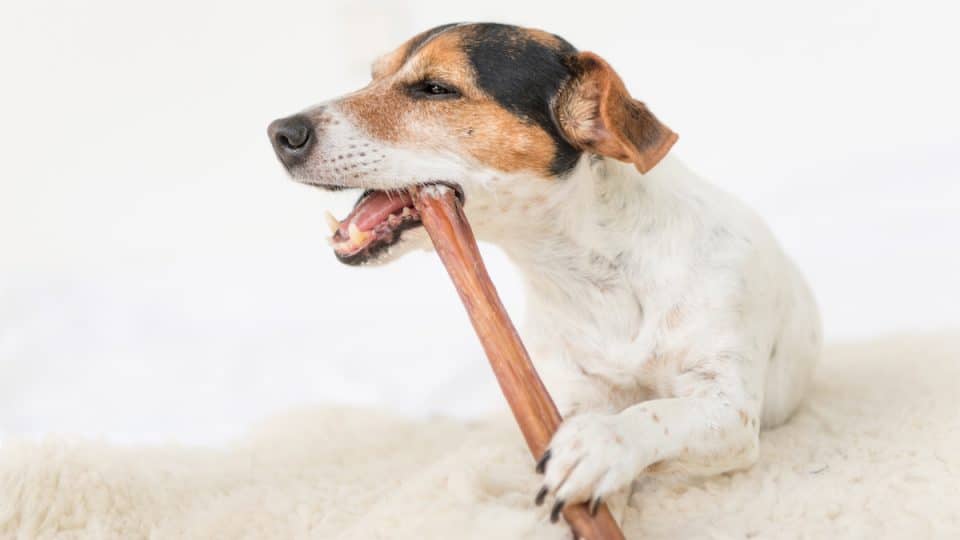
The Importance of Regular Veterinary Check-Ups for Your Dog

Regular veterinary check-ups are essential for maintaining your dog’s health and well-being. Just like humans, dogs require routine medical care to prevent illnesses, catch any health issues early, and ensure they lead a happy, healthy life. In this comprehensive guide, we will explore the importance of regular vet visits, what to expect during a check-up, and tips for finding the right veterinarian for your pet.
Why Regular Vet Check-Ups Are Crucial
1. Early Detection of Health Issues: One of the primary benefits of regular veterinary visits is the early detection of potential health problems. Vets can identify issues that may not be visible to the untrained eye, such as heart conditions, dental problems, and early signs of diseases like diabetes or arthritis. Early diagnosis often leads to more effective treatment and a better prognosis.
2. Preventive Care: Preventive care is a cornerstone of veterinary medicine. Regular check-ups allow your vet to provide essential preventive services such as vaccinations, parasite control, and dental cleanings. These services help protect your dog from common but serious health threats, ensuring they stay healthy year-round.
3. Maintaining a Healthy Weight: Obesity is a common issue among dogs that can lead to various health problems, including joint issues, diabetes, and heart disease. During a check-up, your vet can assess your dog’s weight and provide recommendations for a balanced diet and appropriate exercise regimen to keep your dog at a healthy weight.
4. Dental Health: Dental health is often overlooked, but it’s vital for your dog’s overall well-being. Regular vet visits include dental check-ups and cleanings, which help prevent periodontal disease, tooth loss, and other dental issues. Good oral health also prevents bacteria from entering the bloodstream and affecting other organs.
5. Updating Vaccinations: Vaccinations protect your dog from contagious and potentially deadly diseases. During regular check-ups, your vet will ensure your dog’s vaccinations are up-to-date, providing protection against illnesses like rabies, distemper, and parvovirus.
What to Expect During a Vet Check-Up
1. Physical Examination: A thorough physical examination is the first step in a routine vet visit. The vet will check your dog’s eyes, ears, teeth, skin, coat, and overall body condition. They will also listen to your dog’s heart and lungs and palpate the abdomen to check for any abnormalities.
2. Weight and Body Condition Assessment: Your dog’s weight will be measured and compared to previous visits to track any significant changes. The vet will also assess your dog’s body condition score (BCS) to determine if they are underweight, overweight, or at an ideal weight.
3. Discussion of Diet and Nutrition: The vet will discuss your dog’s diet and nutrition, offering advice on the best food options and any necessary dietary changes. They may recommend supplements if needed, such as joint supplements for older dogs or omega-3 fatty acids for skin and coat health.
4. Vaccinations and Parasite Control: The vet will review your dog’s vaccination schedule and administer any necessary vaccines. They will also discuss parasite control measures, including flea, tick, and heartworm prevention.
5. Laboratory Tests: Routine lab tests, such as blood work and fecal exams, may be performed to check for underlying health issues. These tests can provide valuable information about your dog’s overall health and help detect conditions that may not be apparent during a physical examination.
Tips for Finding the Right Veterinarian
1. Research and Recommendations: Start by researching local veterinary clinics and asking for recommendations from friends, family, and other pet owners. Online reviews and testimonials can also provide insight into the quality of care provided by different vets.
2. Visit the Clinic: Schedule a visit to the veterinary clinic to meet the staff and observe the facility. A clean, well-organized clinic with friendly, knowledgeable staff is a good sign of quality care.
3. Ask Questions: Don’t hesitate to ask questions about the vet’s experience, services offered, and approach to pet care. A good veterinarian will be happy to answer your questions and provide information about their practice.
4. Consider Specializations: If your dog has specific health needs, such as a chronic condition or a particular breed-related issue, look for a vet who specializes in that area. Specialized care can provide more targeted and effective treatment for your dog.
Conclusion
Regular veterinary check-ups are a vital part of responsible pet ownership. They ensure your dog remains healthy, happy, and well-cared for throughout their life. By understanding the importance of these visits and knowing what to expect, you can provide the best possible care for your furry friend. Remember, early detection and preventive care are key to a long and healthy life for your dog.
FAQs:
Q: How often should I take my dog to the vet? A: It’s recommended to take your dog to the vet at least once a year for a routine check-up. Puppies and senior dogs may require more frequent visits.
Q: What should I bring to a vet appointment? A: Bring your dog’s medical records, a list of any medications they are taking, and any questions or concerns you have about their health.
Q: How can I keep my dog calm during a vet visit? A: Bring their favorite toy or treat, speak to them in a calm, reassuring voice, and try to stay relaxed yourself. Familiar scents and objects can help reduce anxiety.






